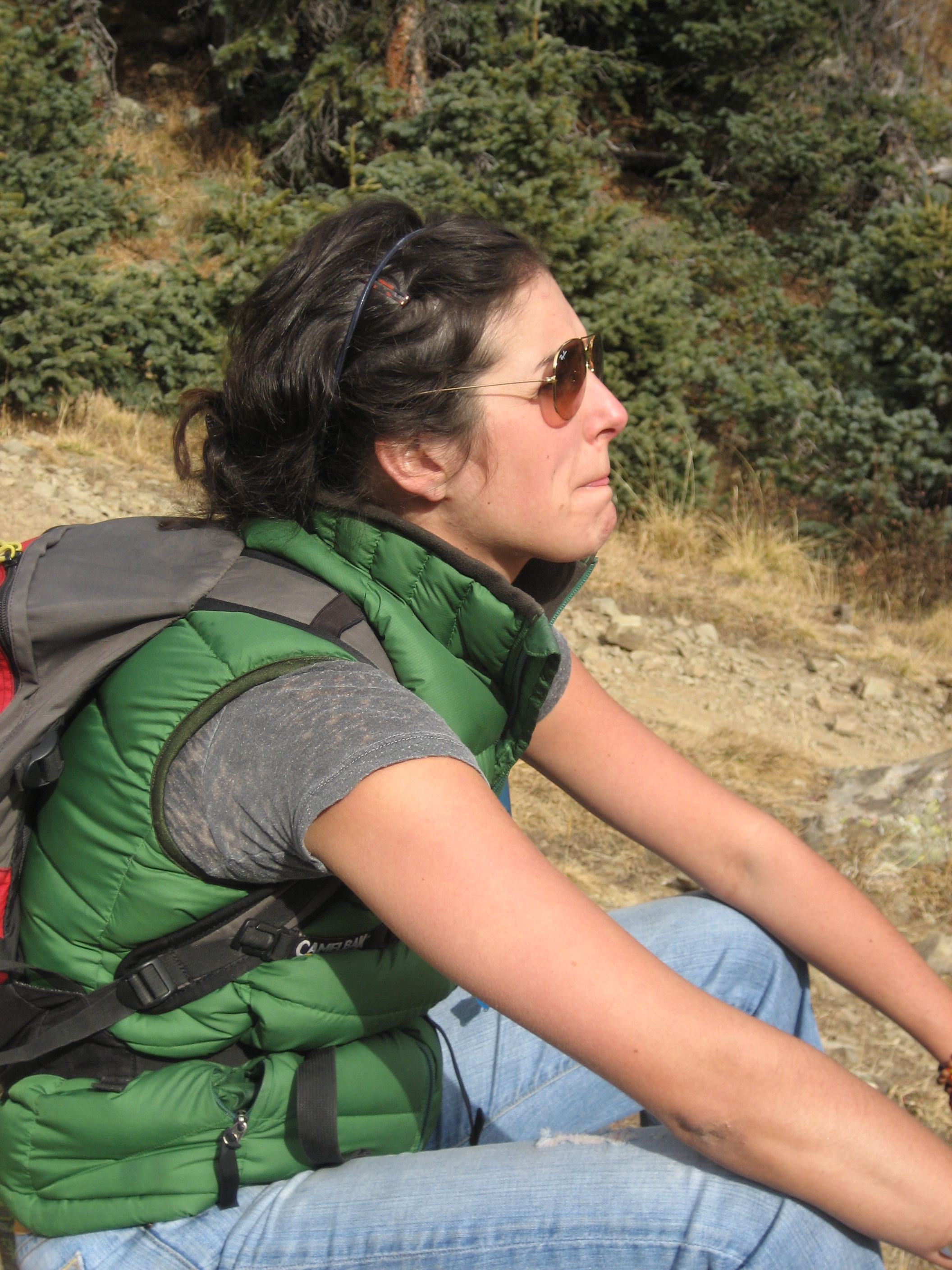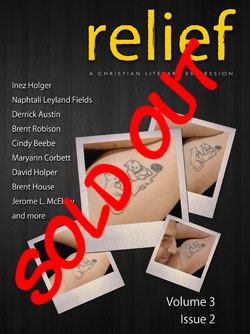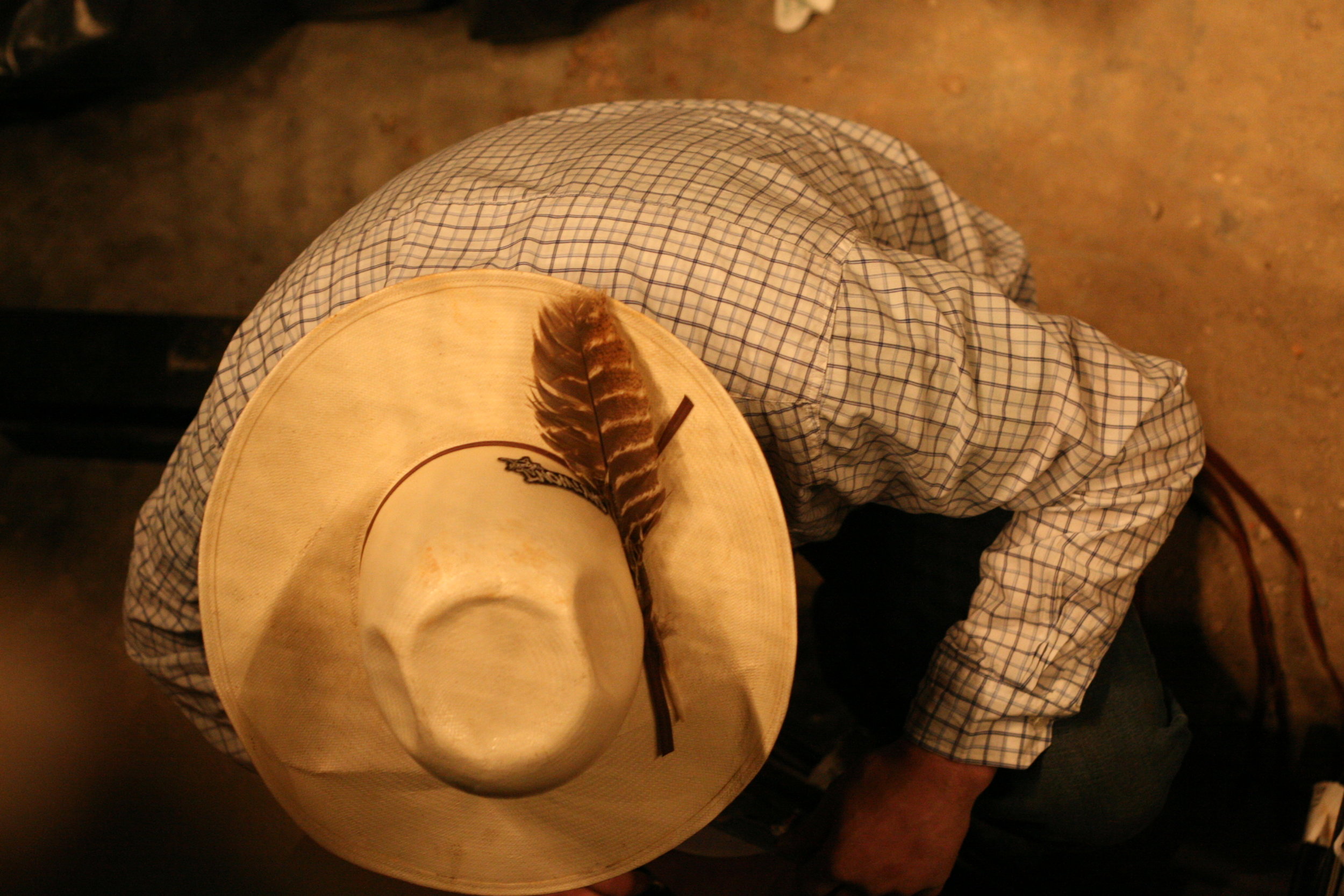Stories like Fine Beer and Cheese: The Importance of Texture (Part 3)
Guest Blogger
The following is part 3 of 3 from Robert Garbacz.
[Author’s Note: This the final entry in my three-part series on the importance of a rich and multivaried “texture” in which different parts of the story resist each other, making for a far more engaging piece. In parts 1 (HERE) and 2 (HERE), I discussed Greg Mitchell’s genre-fiction “Flowers for Shelly” and Michael Snyder’s more literary “Normal People.” In this section, I turn to the issue of how--and why--readers might want to take the risk of making complicated, textured fiction.]
Okay, so now what? Sure that’s how I choose stories, but what good can it do for those of you who actually want to write stories with texture? Well, I’m not yet an expert writer, but I think I’ve found two simple principles:
1) Let ideas wait for a while, and don’t be afraid to mix them up. For me, an interesting idea will stick in my head for months, if not for years. My story in the first Diner started when I was listening to way too many 1920’s-1940’s adventure radio dramas. Somehow, a phrase came to me, “the cozy firelit tavern in the middle of the Abyss.” But it was several months before I started my story, in which I had plenty of time to fill my tavern with dead authors, throw in a generous portion of film noir flavorings, add a single-mindedly Quixotic Preacher, and a protagonist who goes along with him without really buying his program wholesale. And then, of course, there was the proofreading, where I looked for any odd, interesting spices I could throw in. But each stage required time, and a willingness to try to stick things together that common sense would keep apart.
2) Don’t be afraid to contradict yourself. In throwing a variety of flavors into the mix, you’re probably going to end up with a story that is true to the parts of life that don’t allow for easy solutions. Sometimes that will feel uncomfortable, or strange, and you’ll feel the temptation to make everything neat and clean and right. And maybe you should--for certain publishers and certain audiences. But the best--and most memorable--tales are the ones that don’t shy away from their endings, even if the end the story leads to only emphasizes the difference between how the world should be and how the world is.
I’ll close with one more example, from a piece of genre-fiction that wasn’t published in the Diner because it was written some ten thousand years too early and was too long. It is also, through a twist of fate, now considered literary fiction. The story is the Iliad and the scene is the climactic meeting between the (essentially fatherless) Greek warrior Achilles and the Trojan king Priam (whose son, Hector, was brutally killed by Achilles in a cycle of vengeance). In a shocking moment of grace, Achilles not only gives Hector’s body back for burial, but he feels a strange sympathy for the father of his dead enemy. They eventually eat together, remembering another story which beautifully mixes horrific tragedy and simple joy. As Achilles puts it in Lombardo’s translation,
Even Niobe remembered to eat Although her twelve children were dead in her house, Six daughters and six sturdy sons. [...] Nine days they lay in their gore, with no one To bury them, because Zeus had turned The people to stone. On the tenth day The gods buried them. But Niobe remembered She had to eat, exhausted from weeping. [...] Well, so should we, old sir, Remember to eat. You can mourn your son later When you bring him to Troy. You owe him many tears.
(lines 651-3, 659-63, 669-71)
This act of compassion is not the end of the story. As the poem’s original audience well knew, Priam’s son would soon kill Achilles and Achilles’s allies will soon kill every man in Troy. The result--texture. It isn’t just a straightforward revenge-tale, or a saccharine tale of friendship among enemies. It is something more.
Homer, or whoever wrote the Iliad, chose to interrupt his tale of rage and death with a story of acceptance and commonality (or, conversely, to surround his story of acceptance and commonality with a larger story of rage and cyclical violence.) That sort of incomplete, soulful, and very-human texture is a goal well worth seeking.
***
Robert Garbacz, when in his natural habitat, can frequently be seen arguing theology, politics, and art over ale with often excessive volume, haranguing his friends repeatedly with obscure but fascinating facts about Medieval literature, or staring cloyingly into the eyes of his beloved wife Hannah. Unfortunately, his natural habitat is Oxford in the period from 1930-1950. This is a bit awkward for someone born in Tulsa in 1983, but he is studying towards his Doctoral at the University of Texas in Austin and feels this is a firm step in the proper direction. His short story, “The Salvation of Sancho,” appeared in the previous Diner anthology, inducting him into this peculiar world of horror, bloodshed, and merciless ravagement of grammatical missteps.















 Tim & Jill's Wedding
Tim & Jill's Wedding